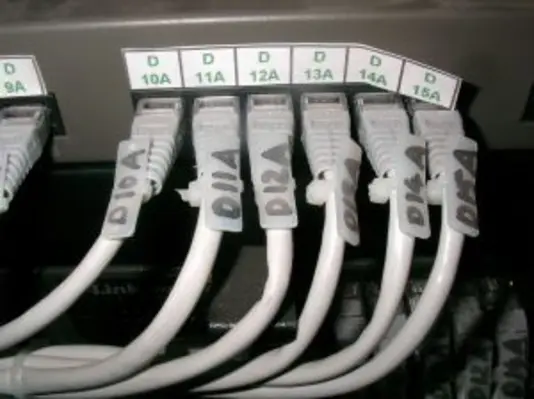The African Union Commission Information Society will launch the African Internet Exchange System (AXIS) project in six African countries in September 2012
Senegal, Burkina Faso, Burundi, Niger, Namibia and Guinea have been selected as the first countries to benefit from the project, although a total of 24 more countries, which do not have Internet exchange points (IXPs), have been identified for implementation of the project.
Currently, much of Africa’s Internet traffic is routed through Internet exchange points external to the African continent. With the countries establishing their own IXPs, Internet traffic will be routed locally and stimulate growth in and distribution of local Internet content. Funding of €5.1mn (US$6.4mn) will be made available for work on the project.
African Union Commission Information Society head, Moctar Yedaly, announced at the Internet Society African Peering and Interconnection Forum, “Work in six countries will begin in September [2012] and soon follow in other African countries.”
The project will be aimed at building capacity in the 30 countries that do not have national IXPs through a series of 60 technical workshops to be hosted and supported by non-profit organisation the Internet Society.
The Internet Society was selected by the African Union (AU) to conduct community mobilisation and workshops to support the establishment of IXPs in AU member states as part of the project.
Internet Society Regional Bureau for Africa director, Dawit Bekele, said, “The goal will be to build national IXPs in these countries and regional IXPs to promote easier Internet traffic exchange and a better experience for end-users on the continent.”
The exchange of African Internet traffic through international exchanges costs the continent heavily every year and most of it could be reduced by effective national and regional interconnectivity, peering and Internet traffic exchange, added Yedaly.
“Each country will receive expert advice from the Internet Society, as well as equipment to enable the establishment of IXPs in the country, should this be necessary,” he said.
This development was in line with the AU Heads of State decision in 2010 to link major cities on the continent to support economic growth and improve communications and information technology on the continent.






















